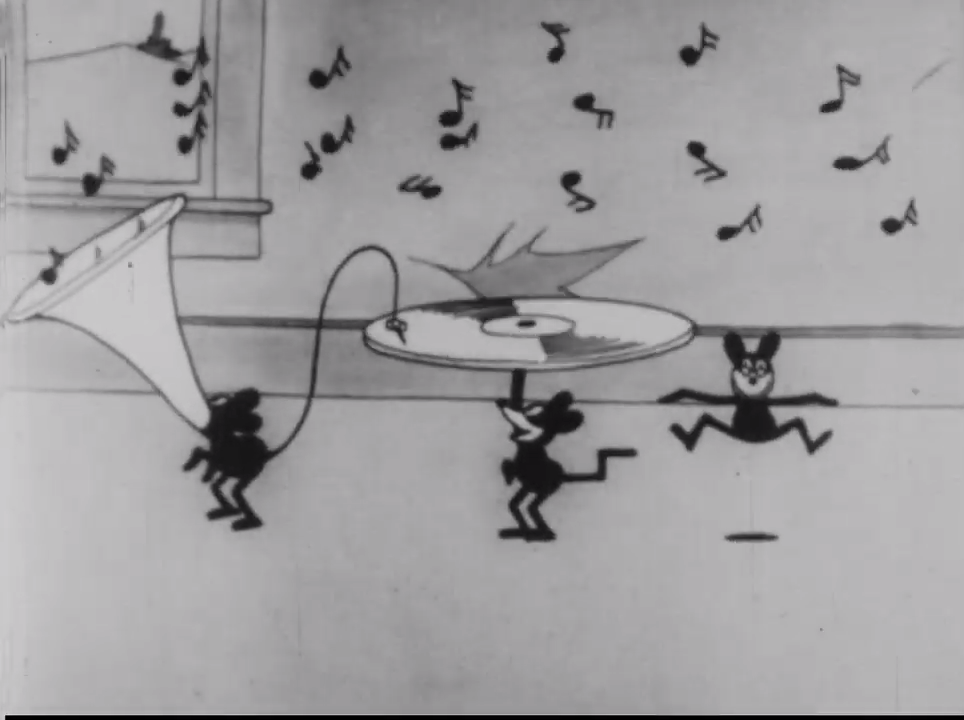
New Year’s Eve partiers had good reason to celebrate at the stroke of midnight on January 1. If the end of 2020 felt like a farewell to the missteps of more than one previous year, in a way it truly was. The culture of the year 1925 broke free from shackles imposed in 1998.
That year’s Sonny Bono Copyright Term Extension Act was far from the first of its kind. The United States Congress had reinterpreted its Constitutional mandate to grant an “exclusive Right” to creative works “for limited Times” to encompass increasingly longer periods of time. When George Washington signed the original Copyright Act into law, copyrights spanned at most 28 years. Bill Clinton’s pen bumped them from 75 years to 95.
What was unprecedented was that the additional decades didn’t just apply to new works whose creators might possibly be incentivized, but to Jazz Age classics already due to enter the public domain. A 1995 New York Times article quoted a representative of Houghton Mifflin on how they would “like to publish a successful book exclusively forever;” the 1998 Copyright Term Extension Act was close enough, setting the precedent for further re-extensions in the future.
Copyrights with no effective end point might seem to be simply be the “intellectual property” equivalent of the physical kind. To the contrary, as Ayn Rand observed, they “would become a cumulative lien on the production of unborn generations, which would ultimately paralyze them.” If “Jack London fought as fiercely to control the copyright on his work as he fought for” the revolutionary socialism advocated in his writings (as noted by The Radical Jack London editor Jonah Raskin, who adds that the expiration of their copyrights that made the 2008 collection possible “would no doubt rankle him”), free-market radicals have fought to get copyrights under control.
Self-described “Ayn Rand freak” Michael S. Hart founded Project Gutenberg to give away royalty-free electronic books “for the most selfish of reasons — because I want a world that has Project Gutenberg in it.” James M. Buchanan and Milton Friedman were among the laissez-faire luminaries who detailed the economic losses of excessive copyright terms in a legal brief endorsing the overturn of the Copyright Term Extension Act.
This challenge, culminating in the the Supreme Court’s Eldred v. Ashcroft decision, was unsuccessful. Yet the absence of a follow-up Extended Extension Act has allowed some of the “limited Times” to eventually reach their limit. Publications from 1923 finally entered the public domain in 2019, and the rest of the Roaring Twenties are gradually following suit. Meanwhile, some creatives are releasing their copyrights early. This past October, Tom Lehrer waived copyright restrictions to his songs, so that nobody will have to wait until 2061 to update his satires of New Math and Hubert H. Humphrey.
The 2020s face many problems, but a failure to learn from the 1920s need not be one of them.
New Yorker Joel Schlosberg is a contributing editor at The William Lloyd Garrison Center for Libertarian Advocacy Journalism.
PUBLICATION/CITATION HISTORY
- “Let the Twenties roar free” by Joel Schlosberg, Anchorage, Alaska Press, January 2, 2021
- “Let the Twenties Roar Free” by Joel Schlosberg, Ventura County, California Citizens Journal, January 3, 2021
- “Let the twenties roar free” by Joel Schlosberg, The Lebanon, Indiana Reporter, January 5, 2021
- “Let the ’20s roar free” by Joel Schlosberg, Claremont, NH Eagle Times, January 6, 2021
- “Let the Twenties Roar Free” by Joel Schlosberg, Roundup, MT Record Tribune & Winnett Times, January 6, 2021
- “Let the Twenties Roar Free” by Joel Schlosberg, OpEdNews, January 7, 2021
